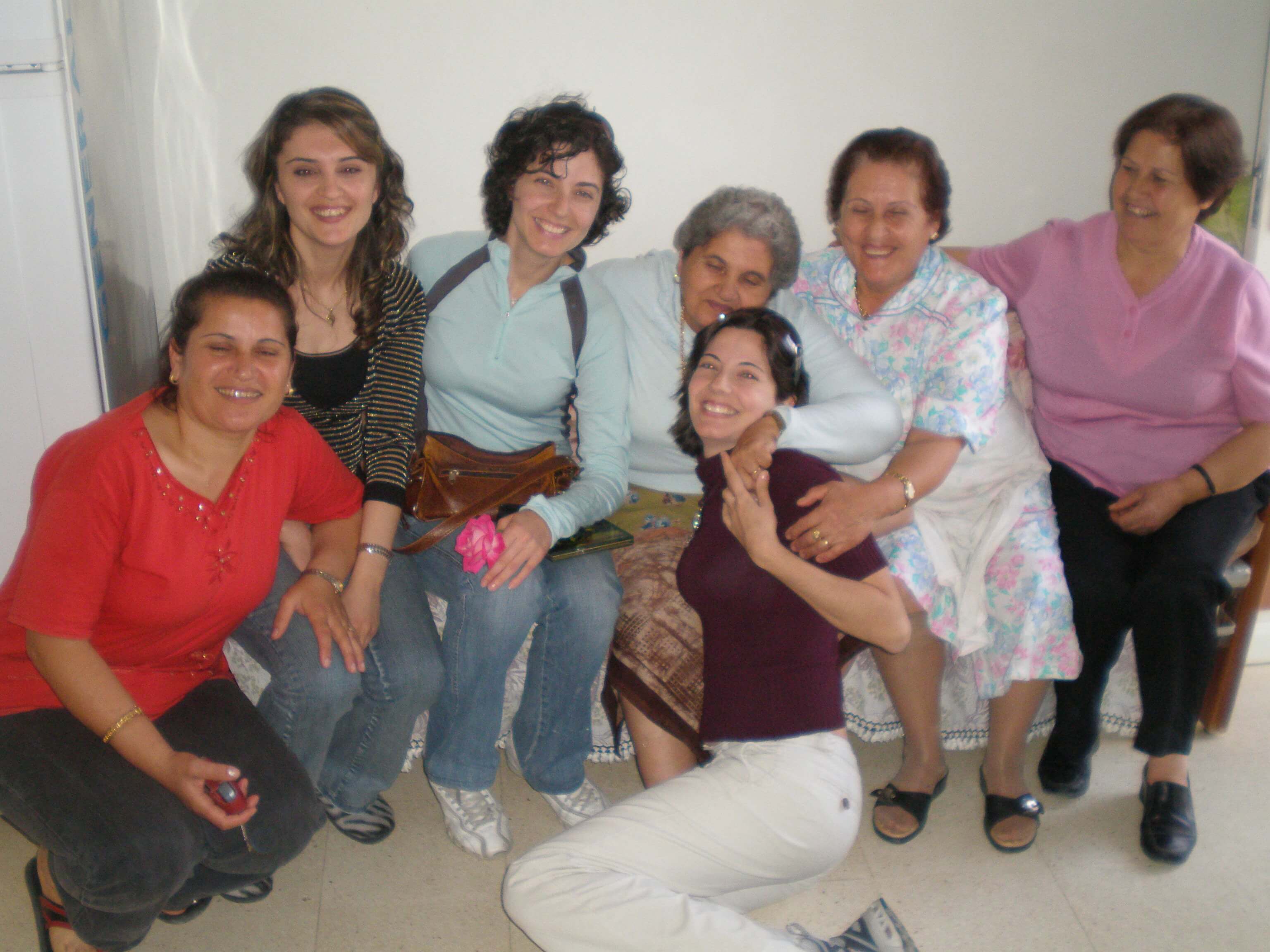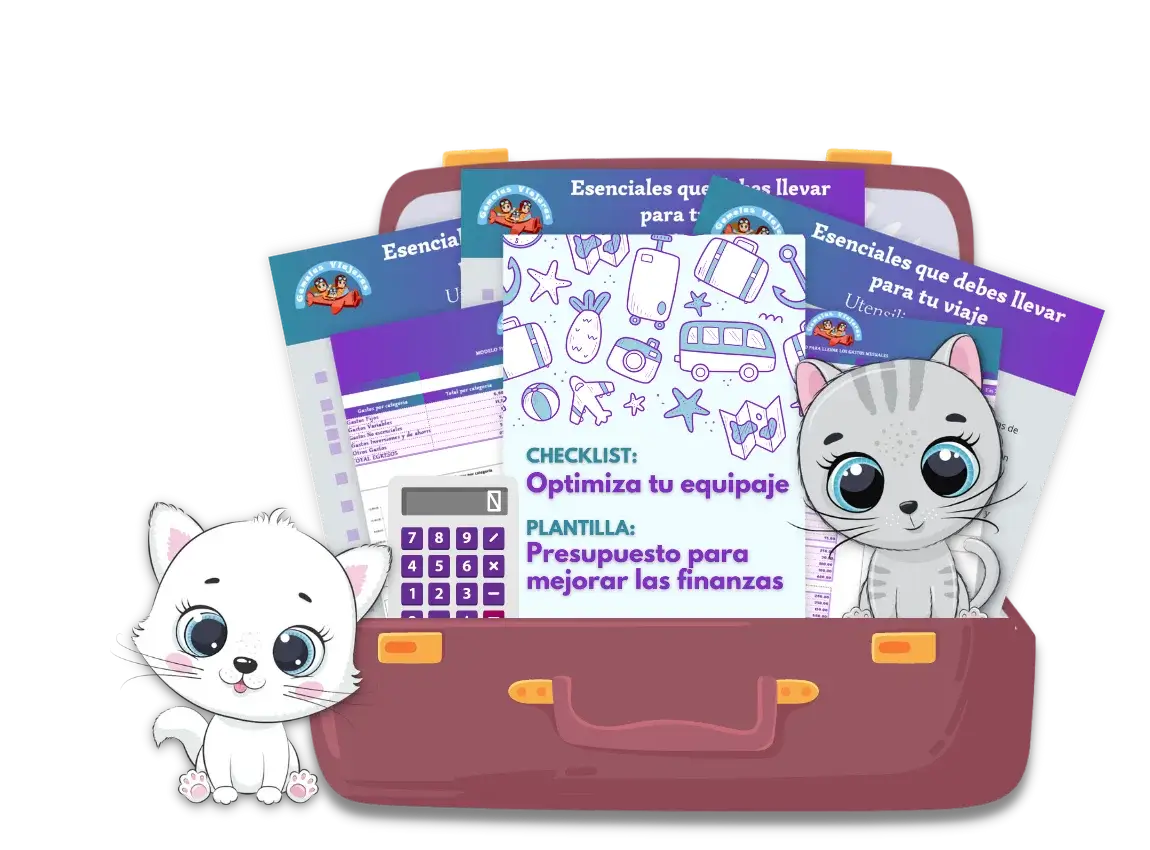Syria, currently involved in an endless conflict, holds for us beautiful memories and a very special bond.
Our parents belonged to the Catholic minority in Syria and left Syria for Venezuela in search of a better future.
In the then prosperous Venezuela, they managed to get ahead and form and raise a family and although they quickly adapted to the idiosyncrasy of the Venezuelan, they never gave up their Syrian roots.
Their children instilled in us the desire to know those roots, that’s why in 2006 we traveled to Syria, to meet those roots and relatives we didn’t know.
The idea was to see where our parents lived, what they did before emigrating to Venezuela. But a focal point of our trip was meeting our Grandma Hanne on her mom’s side. She anxiously awaited our arrival.
We began our odyssey by contacting a cousin who was then living in Venezuela and who put us in touch with the Syrian family. He was our interpreter and he was in charge of coordinating where we were going to arrive, where we would be picked up, all in Arabic. He informed us that our cousin James would be waiting for us at the Damascus airport with a sign with our names on it.
Before traveling he was a complete roll. At that time Viasa, the old Venezuelan airline, had direct flights to Damascus. However, we learned that they had canceled it.
The alternative was an Alitalia flight that had a stopover in Milan. It was a long layover of about 12 hours. We could go to a hotel near the airport to rest, which was included in the price.
But we wanted to get to know Milano. So after 9 hours of flight, instead of resting, we spent the whole day walking around Milano. Then we fly to the airport to head to Syria.
What we do not count on is that, once in Syria, due to so many emotions we would not get to sleep much.
At the airport was our cousin James, who spoke only Arabic, with his little sign. We communicate by signs. It was all nerves and excitement. We arrived at the airport in the evening and were taken to Khraibat, near Tartous, the place of origin of our parents, two or three hours from Damascus. We stopped along the way to eat. As we said, everything was by signs, like deaf and dumb people.
Finally, we reach Khraibat. There we were met by our cousin Pauline, James’s sister, who served as our guide and official translator. We communicated in English and she was in charge of translating our Syrian relatives into Arabic. Although we understood quite a bit of Arabic, especially when listening to it, our problem was speaking it.
Khraibat is a very special little town. They are houses that are accessed from stairs. As a welcome, people threw rose petals at us. There was a lot of expectation for our arrival. We were very excited.
They let us rest only 4 hours. And we with that dream, but without an option.
Our mother, when she lived in Khraibat, was a French teacher, so they took us to see the school where she taught. When visiting that little school we were overwhelmed by a very great feeling of nostalgia.
Everyone wanted to talk to us, introduce us to the town. We were a kind of celebrities. The whole town knew that twin girls, daughters of Alexis and Badawie, were visiting. Our relatives were eager to show us everything about them in the village.
It was a journey full of mixed feelings and experiences. One of our primary goals was to visit our grandmother Hanne, a grandmother on her mother’s side. We were told that she was very anxious and, once she found out that we were going to visit Khraibat, she would ask every day when we would arrive.
But a week before arriving in Syria, our grandmother passed away. We cried a lot, we even wanted to cancel the trip. But our brother convinced us to go on the trip, which we deeply appreciate.
Our relatives took us to Grandma’s house. There we saw that she kept a photo of us when we graduated. Her photo was mailed to him from Venezuela. We cry with emotion and sadness.
But those feelings were mixed with others of deep joy. In the village, every day, a different family invited us to eat at their house. The food was delicious and we gained a few kilos.
Our family also took care of our walks. We did not do any research, nor did we care about transportation or food. The family took care of everything. Syrian home cooking is absolutely delicious. The village people have their crops and orchards and extract their ingredients from there. We were especially amazed by the pomegranates, which were huge and rich.
We visited Aleppo, an amazing and beautiful city, full of history. We spent a whole day visiting its medieval castles. Sadly, today Aleppo has suffered much devastation from the civil war that has broken out since 2011. The Great Mosque of Aleppo was partially destroyed in 2013.
We visited Damascus, the historical capital of Syria. There, we met some relatives who took us to visit the impressive Damascus mosque and the picturesque adjacent bazaar.
Another destination was the nearby port of Tartous, on the shores of the Mediterranean. The warm waters of its beaches and the boat ride are among our most pleasant memories. We remember the luxury shops and the very hectic social life, for being a cosmopolitan port.
Although we visited Syria five years before the outbreak of the civil war, we could already see the seeds of what would later lead to that horrible conflict. We realized that people were not talking about politics. They felt threatened because there were government spies dressed in civilian clothes who, if they heard you speak ill of the government, could arrest you without explanation.
At the end of our trip through Syria we take with us a lot of beautiful, happy and sad memories of the country of origin of our parents. You can imagine how our hearts were broken by the outbreak of the civil war that is still bleeding such a beautiful country.
We only hope that peace will reign again, that the people of Syria will once again dream of a better future and be able to reunite with our families and our Syrian roots.



